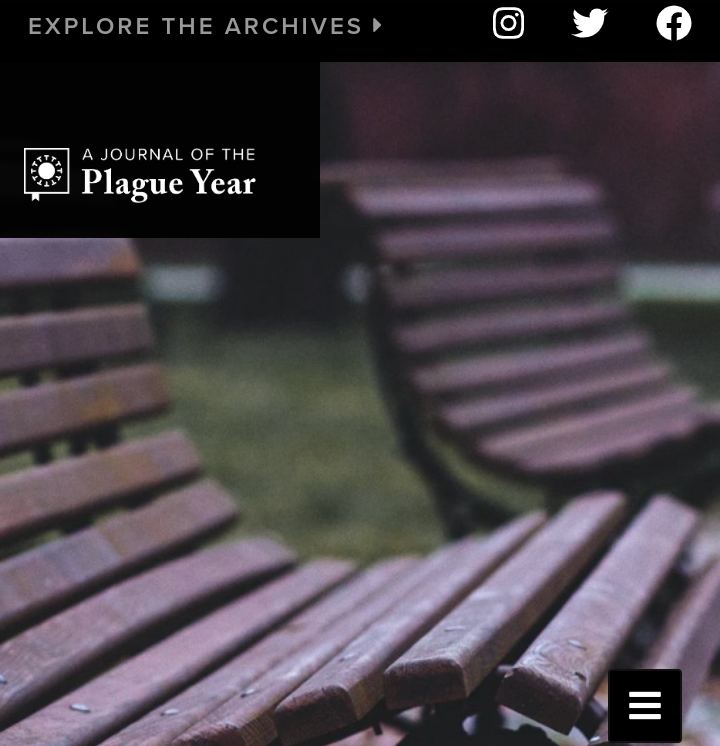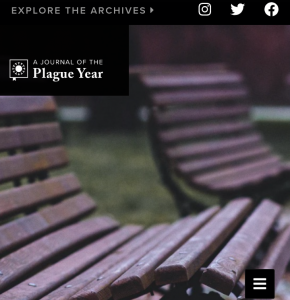
Written By: Chaya Gurkov

Back in August, Brooklyn College became the newest member to join The Journal of the Year of the Plague (JYP), an online submission initiative that aims to provide the community an opportunity to document their experience living alongside the coronavirus.
Named for Daniel Defoe’s 1722 novel, “A Journal of the Plague Year,” which chronicles the 1665 Great Plague of London, JYP is meant to be a collection of stories to record the time of Coronavirus.
When we look back at a time when the great COVID-19 pandemic of 2020 is merely a figment of the past, who’s going to tell the story? Who is going to relay the difficulties of isolation or the palpable fear and tension in the streets? Who’s going to document the endless Zoom meetings and the new routines we had to pick up? The JYP aims to answer those many questions.
In March, history professors at Arizona State University began the project, and as of now, it includes submissions from institutions in Australia and the Philippines to Canada and New Orleans.
“In a sense, this is kind of guerilla history,” Associate History Professor of ASU Mark Tebeau said. “We want stories from everyone: those who are not as digitally active, older folks who are at the greatest risk, communities of color which may be impacted differently than others. The best archives are those which are most representative,” he said.
The archive welcomes any form of a contribution to its site, whether its personal narratives and family stories, interviews, artwork, photos, or social media posts. The goal is to gather as much documentation of our lives during this pandemic as a record of how we face and continue to face an unprecedented time in modern American history.
As of print release, five submissions are available on BC’s collection. One contribution, entitled Fighting for Equality during a Pandemic, documents creator Jada Benjamin coming to grips with the fight for equality despite the ongoing pandemic. She writes underneath a video of an ongoing protest, “For the first time in months, I choose to get up and leave my little street, and join the people who were fighting for Black Lives.”
Another submission comments on how the pandemic has brought light to the educational inequities in New York City public schools. While one video, carrying a more humorous tone, shows a Zoom meeting in which two dogs named Mabel and Olive visit the screen.
While sparse, the stories within the Brooklyn archive are unique to its curator, an advantage BC Associate Librarian Miriam Deutch and Director of Open Educational Resources (OER) see’s specific to Brooklyn students.
“Because the Brooklyn College community is so diverse, we can give a voice to people from a wide range of racial, ethnic, socioeconomic, gender, religious and cultural backgrounds and create an inclusive archive,” she said.
Deutch told the Vanguard that they are looking to expand the archive, commenting that in the future, “historians will want to hear from everyone that has been impacted by the virus.”
No story is too small, no submission too simple. Every person living through this time has a distinct perspective that will only add to the thousands of contributions already made, as Deutch pointed out, “We are all witnesses to history.”
